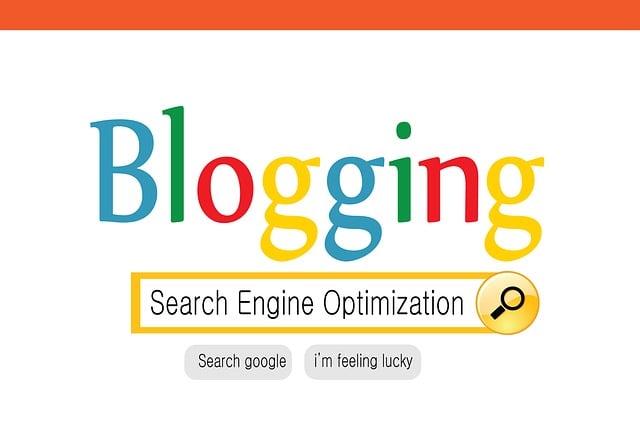AI-powered search has transformed data access in today's digital era by leveraging NLP, ML, and semantic indexing for contextually relevant results. A robust solution includes data processing, NLP for queries, ML personalization, and adaptive learning to enhance user satisfaction and engagement. Organizations maximize AI-search impact through strategic integration, custom solutions, machine learning for indexing, feedback loops, and continuous learning cultures, aligning approaches with unique business needs and goals.
In today’s data-rich landscape, effective information retrieval is paramount. AI-powered search solutions are revolutionizing the way we interact with knowledge, offering unprecedented accuracy and relevance. This article guides you through the core concepts and significant benefits of AI-driven search, dissects the essential components of a robust AI search intelligence solution, and provides strategic insights for maximizing its impact. By understanding these elements, businesses can harness the power of AI-powered search to enhance productivity and decision-making processes.
- Understanding AI-Powered Search: The Core Concepts and Benefits
- Key Components of a Successful AI Search Intelligence Solution
- Implementation Strategies for Maximizing the Impact of AI Search
Understanding AI-Powered Search: The Core Concepts and Benefits

In today’s digital era, AI-powered search has emerged as a game-changer in information retrieval. This innovative technology leverages advanced artificial intelligence algorithms to transform traditional search experiences. By understanding user intent and contextual cues, AI-powered search solutions deliver highly relevant results, enhancing productivity and simplifying complex data navigation. These systems go beyond keyword matching by analyzing content, semantics, and user behavior, ensuring that the most pertinent information is readily accessible.
The core concepts behind AI-powered search include natural language processing (NLP), machine learning (ML), and semantic indexing. NLP enables machines to comprehend human language, allowing users to query in plain text rather than structured formats. ML algorithms continuously learn from user interactions, refining search accuracy over time. Semantic indexing goes a step further by mapping content to meaningful concepts, making it possible to return results even when the exact keywords aren’t present in the query. This sophisticated approach benefits various industries, streamlining workflows and empowering users to uncover insights efficiently.
Key Components of a Successful AI Search Intelligence Solution

A successful AI-powered search intelligence solution hinges on three critical components. Firstly, it necessitates robust data processing capabilities to effectively ingest, organize, and analyze vast volumes of information from diverse sources. This involves sophisticated natural language processing (NLP) algorithms that can understand user queries with context and nuance, ensuring relevant results.
Secondly, the solution must offer advanced personalization and adaptive learning. By leveraging machine learning models, the AI search engine can continuously refine its understanding of user preferences and behaviors, providing tailored search experiences over time. This not only enhances user satisfaction but also increases engagement and fosters loyal usage patterns.
Implementation Strategies for Maximizing the Impact of AI Search

To maximize the impact of AI-powered search, organizations should implement strategic approaches that align with their unique needs and goals. Firstly, integrating AI search into existing workflows is essential. This involves training employees to utilize advanced search capabilities effectively, ensuring seamless adoption. By promoting a culture of continuous learning, companies can harness the full potential of AI search features like natural language processing and semantic understanding.
Additionally, customizing AI search solutions to specific business requirements is vital. Tailoring algorithms and models to industry-specific terminology and data structures enhances relevance and accuracy. Leveraging machine learning capabilities for adaptive indexing and ranking further improves search performance over time. Regular feedback loops and iterative updates ensure the AI search system remains agile and responsive to evolving demands.
An AI-powered search intelligence solution is transforming how we interact with information. By understanding core concepts, identifying crucial components, and implementing effective strategies, organizations can harness the benefits of this technology. These include enhanced relevance, faster insights, and improved user experiences. As AI continues to evolve, adopting these solutions today positions businesses for success in a data-driven future.
